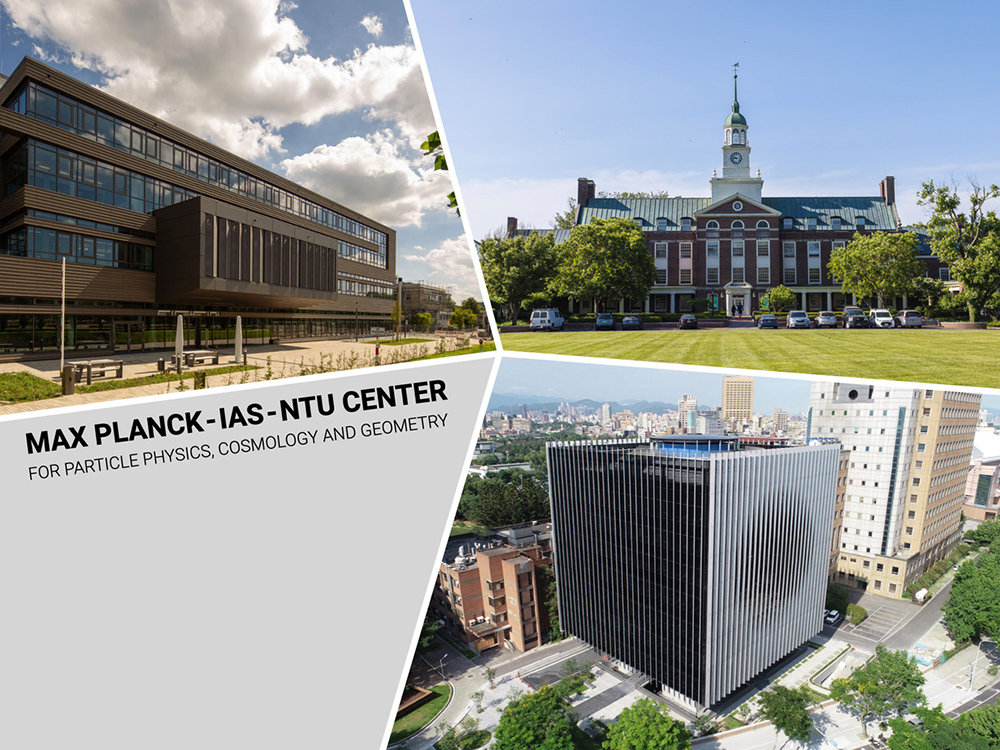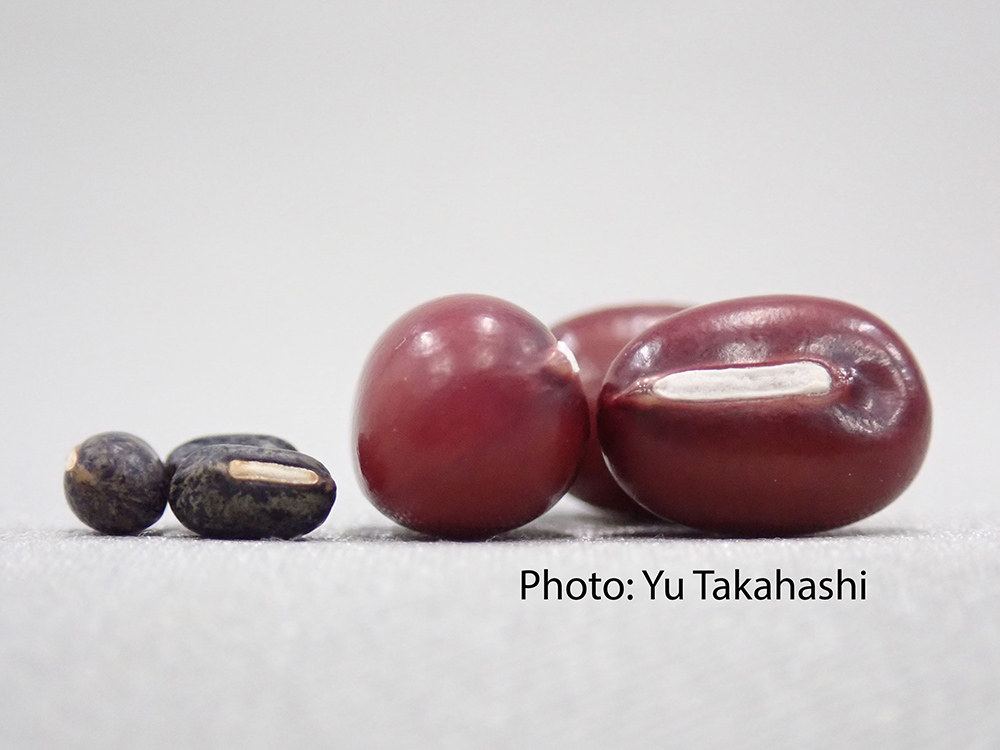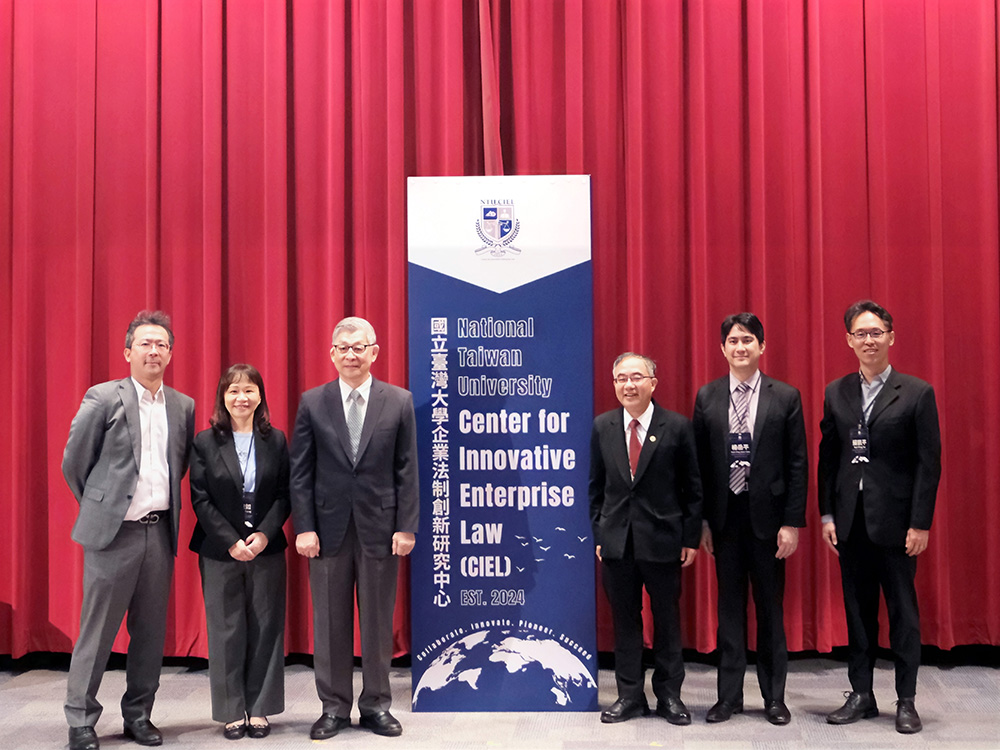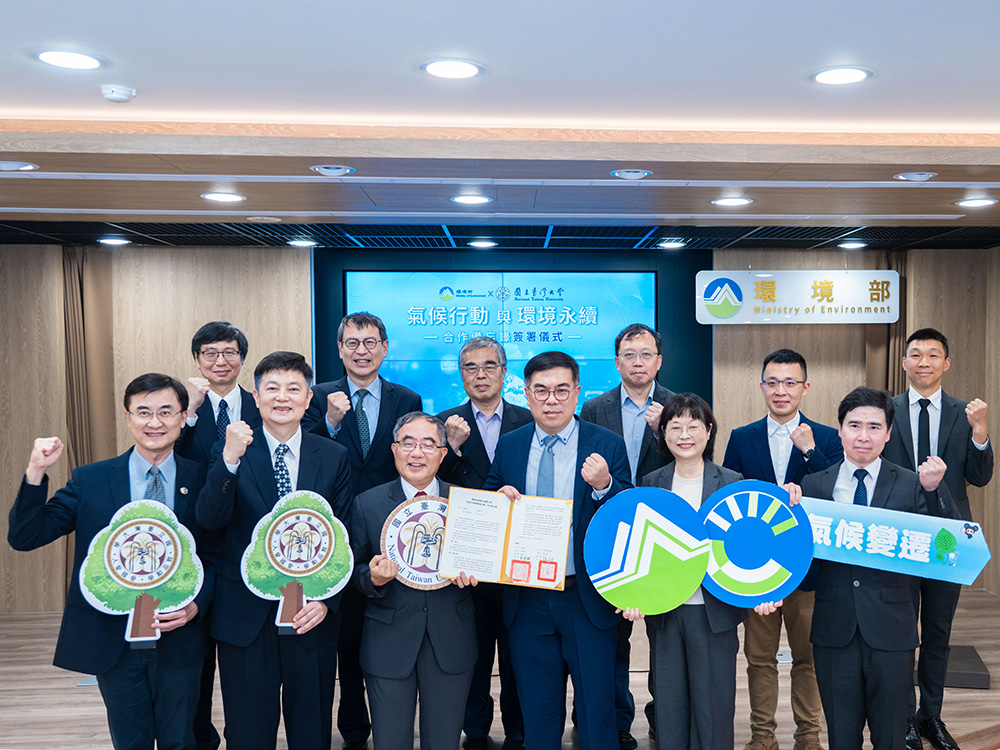
A new milestone for science at NTU: The inauguration of the Max Planck-IAS-NTU Center
瀏覽器版本過舊,或未開啟 javascript
請更新瀏覽器或啟用 javascript
Spotlights
NTU research team creates artificial muscles from onion epidermal cells.
Onion epidermal cells are capable of stretching and expanding simultaneously.
Multiple studies have shown that onions are a disease-fighting superfood. An NTU research team, however, has proven that the vegetable’s super powers are extended beyond our palates as onions also make for great artificial muscles.
This groundbreaking discovery was led by Institute of Applied Mechanics Prof. Pei-Zen Chang (張培仁) and Department of Mechanical Engineering Prof. Wen-Pin Shih (施文彬). The first author of the study is Applied Mechanics Ph.D. graduate Chien-Chun Chen (陳建君).
According to Chen, onion epidermal cells become highly bendable and stretchable when external stimulation is applied. The extent to which the cells contract and elongate is controlled by the voltage applied. The onion cells are also capable of bending and expanding simultaneously, an aspect that no current artificial muscle can accomplish.
Chen states, “The idea of using the onion came to me when I saw the structure of a polymer-based artificial muscle that a senior classmate was working on. The structure reminded me of the onion cell that I saw under the microscope while doing research in China.”
Prof. Chang points out that currently, artificial muscles are predominantly created from alloy or polymer materials. As a result, the process is often complicated and the cost extremely high. Therefore, he commends Chen for coming up with the idea to utilize the humble and highly accessible onion as a source for artificial muscles.
The study was recently covered by the Los Angeles Times. For the full paper published in the Applied Physics Letters, please click HERE.

A new milestone for science at NTU: The inauguration of the Max Planck-IAS-NTU Center

A Distinguished Global Research Center Established at NTU under Trilateral Cooperation

Collaborative study between NTU and Japan uncovers the origin of Adzuki Beans and agriculture in Japan

NTU Launches Center for Innovation in Enterprise Law—with Forum Highlighting Trump’s Policy and Legal Shifts Amid Geopolitical Tensions

NTU and Ministry of Environment Sign MOU to Advance Net-Zero Transition and Environmental Resilience
Current Spotlights